
High Quality Family Time
House Bill 23-1027 was passed to promote high quality family time in Colorado. The Colorado Lab is partnering with the High Quality Parenting Time Task Force to conduct a statewide study on parenting time practices and develop data-informed recommendations on best practice standards for delivering family time that drive positive outcomes for children, youth, and families.
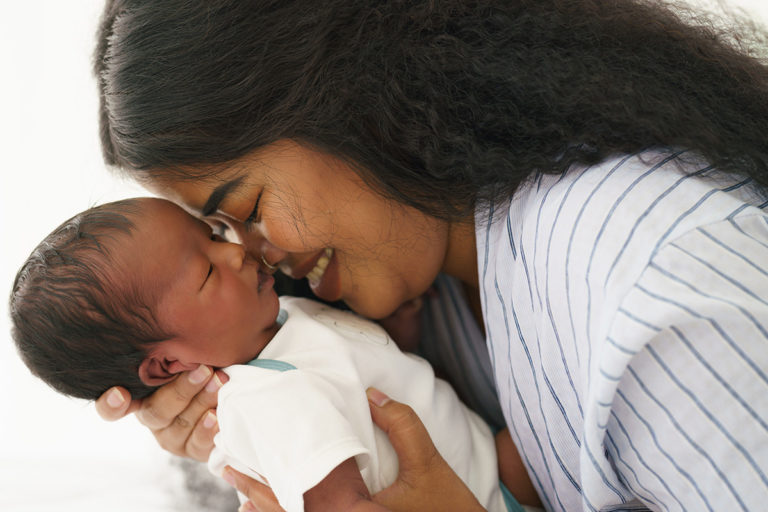
Perinatal Substance Use Disorders Lived Experiences
This qualitative research study will elicit experiential data from birthing individuals impacted by substance use/substance use disorders, from pregnancy through the first year postpartum. By including the perceptions and experiences of those with lived expertise, data on barriers and facilitators to cross-system care coordination for family well-being and perinatal health can be understood from multiple vantage points.

Perinatal Substance Use Coordinated Care and Support Pilot: Plan of Safe Care (POSC)
Substance use during pregnancy is a growing issue that demands cross-system solutions. The Colorado Lab, Illuminate Colorado, and the Kempe Center are collaboratively leading a four-year pilot to develop a data-informed strategic framework for coordinated Plan of Safe Care service delivery and tracking across Colorado.
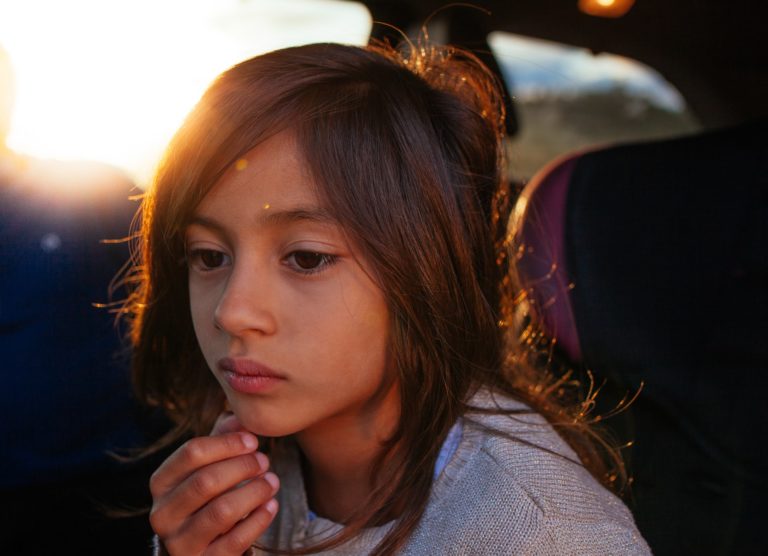
Prevention Investment Strategy
The Colorado Child Abuse Prevention Trust Fund provides leadership, collaborative support, and advising and makes recommendations regarding child maltreatment prevention planning, implementation, alignment, and investments across Colorado, with a statutorily-defined focus on primary and secondary prevention. The Colorado Lab is developing a multi-year Prevention Investment Strategy Plan that promotes better data-informed decision-making and smart state investments in child maltreatment prevention.
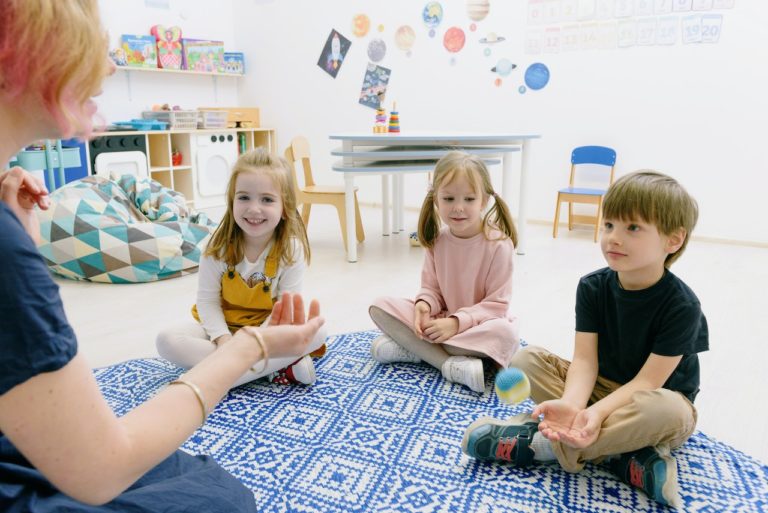
Early Childhood Evaluation Hub
The Colorado Department of Early Childhood (CDEC) received stimulus funds in 2021 and 2022 to fund recovery efforts for the child care industry. The strategic focus is on strengthening and expanding the early childhood sector in Colorado to ensure all children have access to high-quality child care. The Colorado Lab serves as the research and evaluation hub for these stimulus-funded activities on behalf of CDEC.

Support for the Timothy Montoya Task Force to Prevent Children from Running Away from Out-of-Home Placement
The Timothy Montoya Task Force to Prevent Children from Running Away from Out-of-Home (OOH) Placement was created to analyze the root causes of why children run away from OOH placement. The Colorado Lab conducted focus groups with children in out-of-home placement and young adults under 22 who have aged out of the child protection system to assist the task force in fulfilling its duties.

Evaluation of the Imagination Library Colorado Book Program
The Colorado Evaluation and Action Lab is supporting the Imagination Library of Colorado (ILCO) in assessing the impact the book program is having on kindergarten readiness. Because the state of Colorado does not collect student-level kindergarten-readiness data, a statewide study is not possible.

Family First Evidence-Building Hub
The Colorado Lab will serve as the coordinator of Family First rigorous evaluation efforts on behalf of the State to ensure strategic investments in evidence-building for services/programs positioned to meet the needs of Colorado’s children, youth, and families.

Use of Research Evidence in Prenatal Policies
SB 21-194 (Maternal Health) includes a provision authorizing a study on the use of research evidence (URE) in policies related to the perinatal period in Colorado. The Colorado Lab partnered with CDPHE to conduct this study and develop data-informed guidance for improving URE in policy creation and uptake, with the goal of reducing perinatal health disparities.

Family Support through Primary Prevention
The Family Support through Primary Prevention (FSPP) project is intended to reduce child maltreatment and improve family well-being for Colorado families ages prenatal to 5, with a focus on the first year of life. The Colorado Lab serves as the skilled evaluator to build evidence for the primary prevention strategies prioritized by FSPP partners.
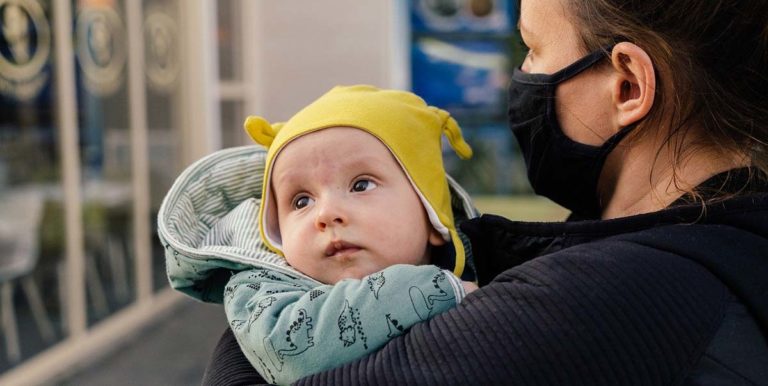
Early Childhood Stimulus Funding Evaluation Planning
The Colorado Department of Early Childhood (CDEC) is dedicated to evaluating stimulus-funded activities to ensure the goals of the funds were met and to assess their influence on providers, families, and the workforce supporting young children. CDEC partnered with the Colorado Lab to support evaluation planning of the stimulus-funded activities so the best possible evaluation strategies were pursued.

Meeting State-Level Continuous Quality Improvement (CQI) Requirements for Family First
CQI for the delivery of evidence-based services that are part of the Family First service a continuum ensures that Colorado children, youth, and families are, in fact, receiving the services that have been shown to drive positive outcomes. State Intermediaries engage in in depth CQI for their services. A dashboard offers a statewide view of adherence to evidence-based models for the array of services in Colorado’s Title IV-E Prevention Services Plan.
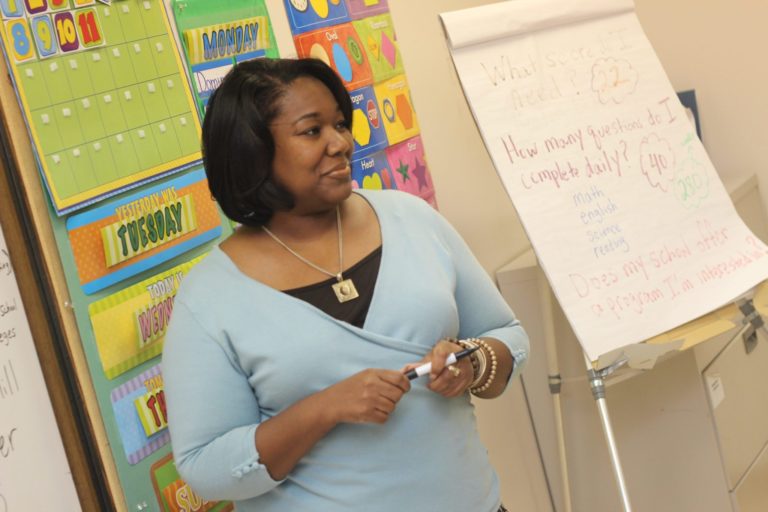
Strategy to Build Knowledge in Colorado’s New Department of Early Childhood
The Colorado legislature passed a monumental bill during the 2021 session that approved the launch of a brand new state Department of Early Childhood in the Executive Branch. This makes Colorado one of a handful of states that has an entire agency dedicated to early childhood policies and programs. The Colorado Lab laid out an approach to effectively support the early childhood system and allow the state to comprehensively understand which families are being served and how and where to address unmet needs.

Early Childhood Data Matching Project
This project will provide intelligence to the new Department of Early Childhood regarding early childhood program participation and guidance about creating a common identifier to track program participation in the future.

Crossover Youth
Crossover youth are the young people with two types of court cases: (1) dependency and neglect and (2) juvenile justice. This project connected child welfare and court system records to help meet federal reporting requirements and inform state policies and practices aimed at serving crossover youth.

Preschool Development Grant Case Study Evaluation
Healthy child development is nurtured by both parents/caregivers and child care providers, and collaboration across early childhood spaces is thus vital. To catalyze innovation partnerships in early childhood, the Colorado Lab is conducting a case study evaluation of a pilot partnership between home visiting agencies and local home child care providers.
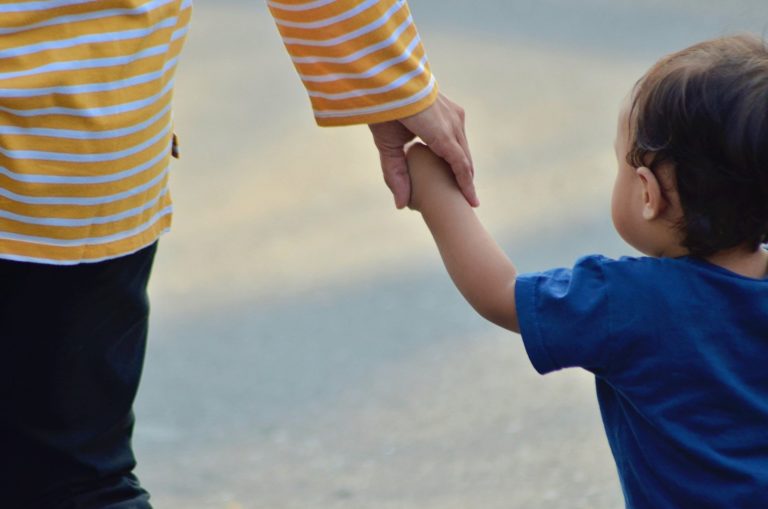
Office of the Child’s Representative Case Consultant Evaluation
The Colorado Office of the Child’s Representative is the state agency charged with providing competent and effective best interest legal representation to children involved in the Colorado court system. The Colorado Lab designed an evaluation plan to build evidence for the use of Case Consultants (e.g., social workers) in best-interest legal representation of children with a Dependency and Neglect or Juvenile Delinquency case.

Supporting the Early Childhood Mental Health Consultation Program in Building Evidence
The Early Childhood Mental Health Consultation program supports caregivers of children ages six and under—including families, teachers, and program administrators—in developing strategies to foster social emotional development and mental health of children in their care. This project is working to support the program in building evidence, including defining the program’s essential elements, developing a strategy to support fidelity, and building data infrastructure.

Building a Sustainable and Replicable Approach to Estimate Youth Homelessness with LINC
The goal of this project is to inform policies and practices aimed at preventing youth homelessness. It builds on a pilot project, “Characteristics of Former Foster Youth Receiving Homeless Services” by expanding innovative administrative data linkages to more systems that serve youth experiencing homelessness.

Colorado Partnership for Thriving Families
The Colorado Partnership for Thriving Families (Partnership) is a cross-sector collaborative of human services and public health partners who believe that intentionally working together at the state and county levels to align funding, priorities, regulations, outcome measures, and implementation makes it possible to create a strong family well-being system.

2Gen Child Support Services Implementation Guides
This project applies lessons learned from the 2Gen Child Support Services randomized controlled trial and implementation study to create implementation guides tailored to county size, refine the case management procedures, and update the fidelity rubric.

Expanding Multisystemic Therapy to Underserved Regions
Multisystemic Therapy (MST), a community-based intervention targeting youth ages 12-17 who are involved or at high risk of involvement in the juvenile justice system, has a proven record of success. It is delivered by trained teams of therapists over the course of 3-5 months with multiple home-visits per week. This project extended MST to regions of the state where the service was previously unavailable.
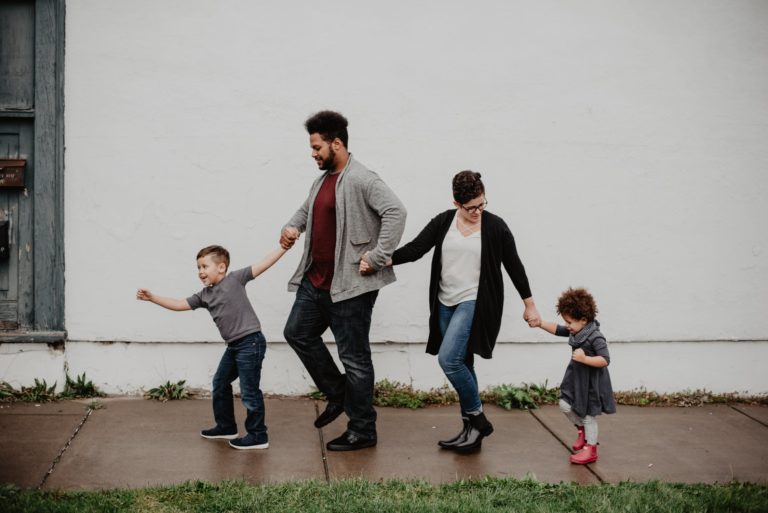
Building Capacity to Implement the Family First Prevention Services Act
Family First Prevention Services Act is sweeping child welfare legislation aimed at keeping families together with a focus on preventative services. This project supports the state in developing and implementing the evaluation components of the Family First Prevention Services Plan.

The Impact of a Multidisciplinary Team Response to Child Abuse and Neglect Investigations
Following child abuse and neglect reports, families can become involved in investigations that span multiple government systems including law enforcement, child welfare, and the health system. With so many entities involved, the investigation process can be confusing and frustrating for families. This study assesses the impact of a coordinated multidisciplinary team response used in an urban Colorado county as well as caregiver perceptions of the investigation process.

Characteristics of Former Foster Youth Receiving Homelessness Services
Preventing homelessness of youth formerly in foster care begins with understanding characteristics of those most at risk. This project connected child welfare to homeless services data in the Denver metro area to inform policies and practices aimed at ensuring youth aging out of foster care have stable housing.

Evaluation of a 2Gen Approach to Child Support Services
Colorado Department of Human Services is changing the culture of child support from an enforcement model to a 2Gen customer service model. The project is an 11-county randomized trial that examines potential of a 2Gen model to increase child support payments and identifies ways to strengthen implementation.

Exploring Employment-Related Reasons for Inconsistency in Child Support Payments
Some non-custodial parents pay child support one month and not the next. This project describes the feasibility of using routinely collected administrative data to identify employment-related reasons that relate to churn for the cohort of child support cases.

Common Cross-System Metrics to Inform Coordinated Care for Multisystem Utilizers
A large number of Coloradans find themselves in need of services from multiple public systems, and government leaders struggle to understand the best way to coordinate a shared response for these multisystem utilizers. This project starts the work of building common metrics of public system utilization across state agencies so that state government leadership and their teams can make more informed decisions about how to meet the needs of multisystem utilizers.

Fostering Opportunities, A Pay for Success Project to Improve the Foster Care Graduation Rate
Only one in four Colorado students who experience foster care during high school graduate with their class. Jeffco Public Schools and Jefferson County Human Services developed a solution – the Fostering Opportunities program. This innovative student engagement intervention is the first proven practice in Colorado to improve educational outcomes for students in foster care.

Rapid Response for Youth Who Run Away from Home, A Pay for Success Project
Youth who run away from home are likely to be involved in the juvenile justice or child welfare systems within one year. This Pay for Success project examined the impact of “rapid responders” on connecting youth and families to evidence-based services that ultimately prevent deeper juvenile justice or child welfare involvement.

An Evaluation of the Colorado Community Response Program
Colorado is investing considerably in strengthening families to prevent the entry of young people into the child welfare system. This project supports a randomized evaluation determining the efficacy of the Colorado Community Response program, which provides voluntary services to families reported to the state for child abuse/neglect but whose circumstances do not rise to the level of child welfare service involvement.
